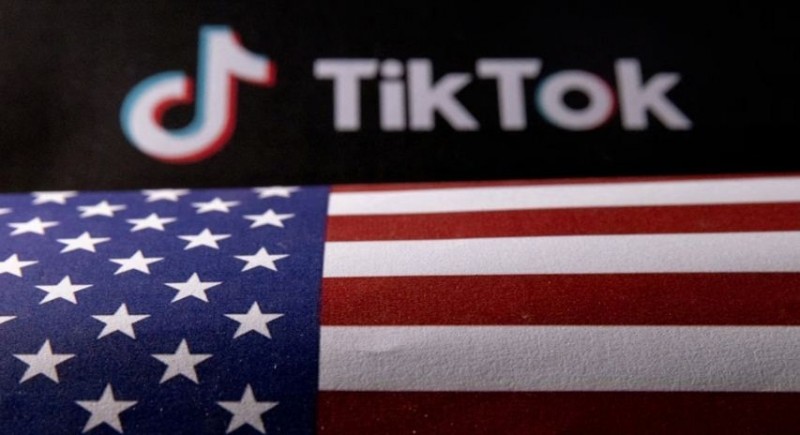
Frankfurt, Germany: TikTok has agreed to remove a controversial rewards feature following concerns raised by the European Union about its potential to promote excessive screen time, especially among children. This decision marks the first resolution under the EU's new Digital Services Act (DSA), which took effect in February and aims to create a safer online environment by regulating major digital platforms.
The company has committed to withdrawing the feature without admitting any breach of the Digital Services Act, according to EU officials. Margrethe Vestager, the European Commissioner for Digital Affairs, stated that the withdrawal is now legally binding, sending a strong message to the social media industry about the risks of addictive design features.
"This move underlines the importance of protecting user well-being from platforms designed to be addictive," Vestager said. "TikTok’s commitment under the DSA is now enforceable by law."
The issue concerns TikTok Lite, a streamlined version of the app available in Spain and France. This version allowed users to accumulate points by engaging with content, which could then be exchanged for Amazon vouchers and PayPal gift cards. Although TikTok restricted these rewards to users over 18, requiring age verification, the rewards system was limited to one hour of video viewing per day, with a daily cap of one euro ($1.09).
The EU launched an investigation in April due to worries that TikTok might not have adequately assessed the feature's potential to be addictive, particularly for children, given concerns about age verification mechanisms.
The resolution of this case does not impact a separate investigation into TikTok that focuses on issues such as protecting minors, advertising transparency, data access for researchers, and concerns about behavioral addiction and harmful content.
Google Found Guilty of Antitrust Violations: US Judge Rules Tech Giant Abused Market Power
Kamala Harris Goes Viral on TikTok and Launches Her 2024 Presidential Bid
Surfing Through Time: Today the World Wide Web Day Marks 35 Years of Internet Evolution